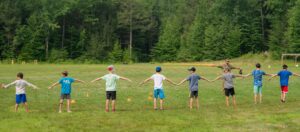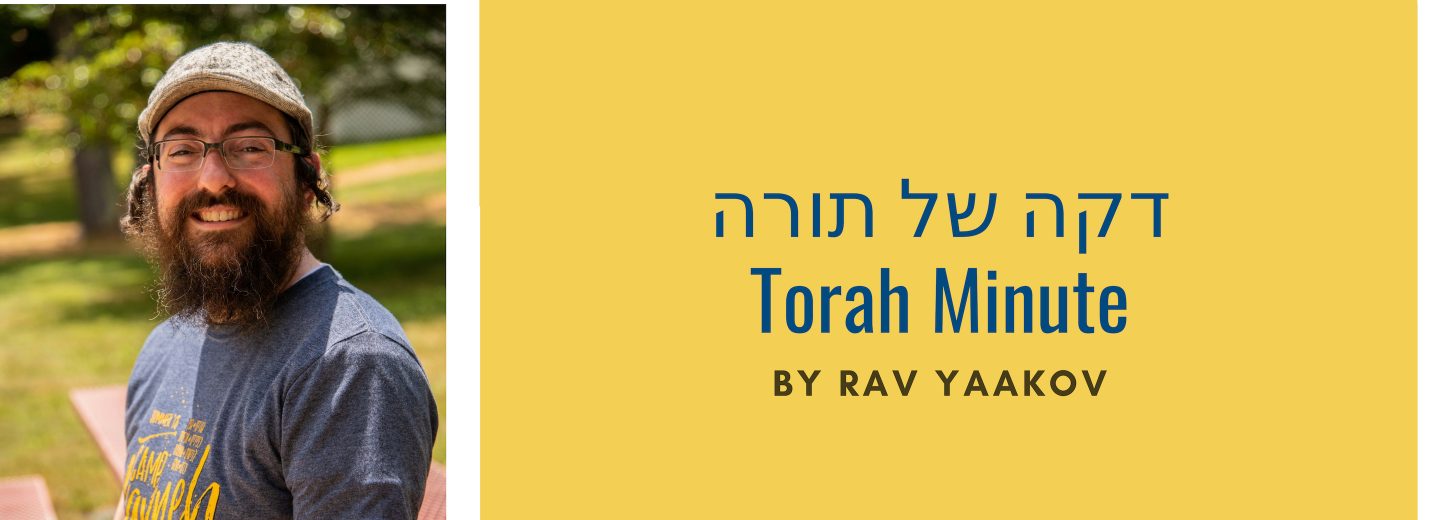This week’s parsha, Vayelech, documents Moshe’s last day on earth, before he died at 120 years old. As we know, God did not allow Moshe to lead the Jewish people into the Promised Land. Parshat Vayelech always comes during the Aseret Yimei HaTshuvah, the 10 days of repentance that start with Rosh Hashanah and conclude with Yom Kippur. On both holidays, we say the tefilah called Unitaneh Tokef, wherein the high stakes of each day are revealed:
On Rosh Hashanah it is written, and on Yom Kippur it is sealed – how many shall pass away and how many shall be born, who shall live and who shall die, who in good time, and who by an untimely death, who by water and who by fire…But teshuvah (repentance), tefillah (prayer) and tzedakah (righteous acts toward others) avert the severity of the decree.
While Moshe confronts his own death and the reality of the people going into the land without him, we too are confronting the next steps for ourselves in the coming year, whatever those are. The fact that this parsha coincides with this time of year is to teach us that even though we may not be equal to Moshe, the stakes of our own lives are also great. Moshe took his final moments on earth very seriously. He made sure it was clear that the leadership after him would transfer to his student Yehoshua. He finished the Torah scroll he had been writing and commanded the people to gather together every seven years to read it aloud. And he composed a song that we’ll read as the parsha next week, Ha’azinu. He recognized the high stakes of the moment and made it meaningful.
We don’t know what lies ahead in the coming year. We don’t have the luxury of God telling us what is next for us — which, God willing, will be only good things. But we do have the God-given luxury of these 10 days each year devoted to contemplating our lives in the deepest way. What we have is the ability to take our lives, and these holy days, seriously. To reflect on our behavior over the past year and resolve to be better in the coming year. We owe it to each other, and ourselves, to make these days meaningful.
Questions for the Shabbat Table:
- How are you making these ten days between Rosh Hashanah and Yom Kippur as meaningful as possible?
- At the end of his life, Moshe reflects back and finishes the Torah scroll he had been writing – a project of unimaginable proportions! If you were to look back at the end of your life, what project would you like have accomplished?




